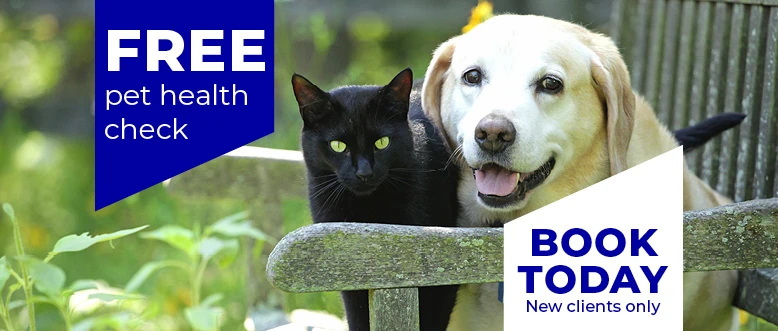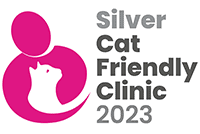Pets and fireworks don't go together, in general. Pet's reactions to fireworks can vary from hyperventilating, panic stricken urination and defecation in the house, to irrational behaviour and aggression.
Pet owners should use common sense when it comes to fireworks' displays occasions and take steps to minimise their pets' stress.
More importantly, in a long run, is the fact that pet owners are often unaware that the way in which they react to a sound sensitive pet may reinforce the fear and consequent reaction in their pets and even have a direct bearing their pet's future reactions.
Before fireworks
Make sure your pets, especially dogs, have plenty of exercise in the daylight. Keep the dogs always on the lead to prevent them from running off in case of panic. Please remember never to leave your pets alone outdoors. Small pets should be kept safely indoors, while larger animals, like horses, in stalls. All sharp objects should be removed from these enclosures to prevent animals hurting themselves in panic. Make sure these enclosures are as comfortable for them as possible, adding soft blankets to smaller pets' beddings to make them feel more secure.
The most natural instinct for all animals is to hide, when they feel vulnerable or threatened. All pets always have their 'special' place to hide in threatening situations, so you need to make sure you know this place and keep it obstruction free. This allows the distressed pet to hide in the place, where they feel safe and come out only when they feel the danger has passed.
Ignore any fearful behaviour and carry on as normal.
For cats, it is best to secure their cat flap once they are in, so they are not out during fireworks.
How to take the edge of pet's fear during fireworks
Dog Appeasing Pheromones
Synthetically produced pheromones mimic those from the bitch when nursing her puppies and can reduce anxiety in adult dogs, basically make them more relaxed. These are available in the form of collars, diffusers or sprays.
Natural Supplements
These are available as palatable capsules which can be given whole, or opened and the powder mixed into liquid or food. Please contact us for more information on natural supplements, our nurses are more than happy to discuss the topic with you.
Sedatives
Lastly, anxiety relieving drugs such as diazepam have proved to be more effective in reducing noise related anxiety. Depending on the dose, these drugs can block animal’s memory of an event, cause a reduction in anxiety, or produce sedation. In that way, Diazepam is better than a sedative. There are some known side effect when using Diazepam. However, these are only temporary and disappear very quickly. To ensure diazepam will be a suitable medication for your dog to take throughout the firework season the vet will give your dog a thorough health examination and prescribe a test dose. A small number of dogs given diazepam will show side effects.
It is always up to us, pet owners, to keep our beloved pets safe and comfortable by planning ahead, especially during fireworks and other, for our pets potentially stressful, events.




